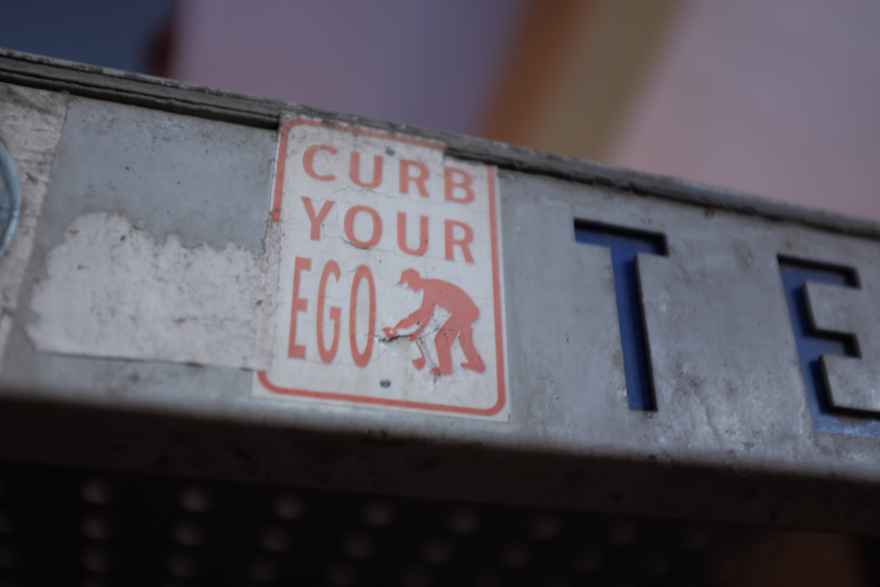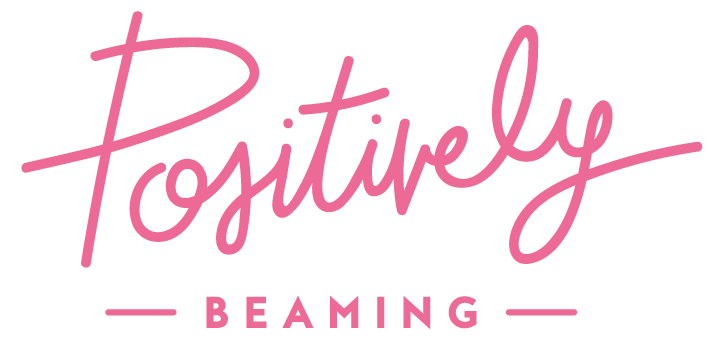Does your ego get involved when someone makes a complaint about you?

Does your ego get involved when someone makes a complaint about you?
I bet it does. I know it almost always does for me.
I had a fabulous coaching session this week with a very wise and wonderful woman.
We were talking about how freeing it was to be able to have a conversation with somebody who is angry with us or who has a huge challenge and not to get personally involved. We spoke about how evolved and self-actualising that was - when you are able to take your ego out of heated conversations.
My friend told me about a time when somebody in her workplace had written a very long letter of complaint about her. You know the kind of email - where there were pages and pages and pages of allegations and upset and annoyance. She talked about how she was able, finally, because it was a lifelong journey to get to this point, to realise that the issue wasn't about her; the other person was carrying the pain. And projected outward. Her only job was to respond. (not react) Respond with empathy, compassion, and grace and that response only take one paragraph.
She talked about how her old self would have reacted and felt the need to counter every single allegation. She usually would pick apart the arguments justifying her position or disagree with the facts. She now just responded with. I'm so sorry. I made you feel that way. What can I do from this point on to make it better for you? How grown-up is that ?? Not getting entangled In the issue, not getting entangled in somebody else's grief and pain and upset. Instead, to think this is not necessarily about me. And if it is, I want you to tell me how I can fix it.
It would be best if you didn't go back into all of the reasons why I may have wronged you. Instead, I want to move forward with dignity and relationships intact.

I had a similar situation myself recently.
I was running a workshop for a large school-based staff. They were in groups doing a group activity where the idea was to look at a child's behaviour very objectively- which is very hard to do when you've struggled with that student for years. Anyway, the adults had an activity to do, and they were challenged to look at things very, very differently and to avoid the lens of we've done that before or that hasn't worked. Full stop.
I could hear somebody dominating the conversation in one group. She was being that person who is negative and not looking for solutions, she just wanted to describe the problem. So I went over to the group, and I listened for a little bit. I asked several questions, and this person was always the first to respond often with a long description of the problem and why it was "hopeless" and her opinion of what was happening.
After a couple of goes of inviting other people to have their input, I held my hand up, and I shushed her. Now in retrospect, I probably shouldn't have shushed somebody in front of all of their peers. I also said, "I value your expertise, but I want to hear from the other people."
Two days later, I got an email from this lady outlining that she felt embarrassed in front of her peers, and she thought my remark about I value your expertise was sarcastic. She said that she had never felt so put down in all of her professional career.
My temptation was to write back and say it was because you were talking incessantly and justifying my position. Trust me, I WANTED to.
What I did instead was write back and say;
I apologise. It was not my intention to upset you. If my comment was construed as sarcastic, I am terribly sorry because I imagine that that would have been very upsetting for you. My hope for this activity was to get input from everyone in the team based on the new information I had shared with the group. I intended to make sure everybody had an opportunity to speak and contribute to understanding the function of the student's behaviour and help the team develop strategies that will teach new behaviours. Again I apologise if my behaviour got in the way of your learning.
This is NOT the perfect response, but it is better than the one I wanted to send. I apologised for any offence and clearly (I hope) set boundaries around the parts for which I was prepared to take responsibility.

My final example
I spoke with a very experienced principal just his morning who wanted to unload some of the tiny little annoying things that were happening in her school's front office team- that were impacting her.
Principal: What I wanted to shout was, for god's sake, we are in a bloody pandemic, and you are getting your knickers in a twist because you have been asked to do something that is her job and ..... But instead, I said something snappy to my deputy and probably sighed too loud when others could hear me.
She went on to say: I was really aware that I was not my best self. I have not been sleeping well, and I have not been exercising. I had worked very long hours last week, and I knew that I wasn't my best self. So rather than launch into the same circus today, what I chose to do was to ring you, Jenny and process some of what was going on for me. So, when I went back and had a conversation with those people, I don't do it not from a place of ego. Instead of saying and thinking - you don't you understand how hard I'm working. Instead, I wanted some options for moving this forward and empowering the Leader of that Team to take responsibility for what was happening. We both need to get better at handling conflict situations without getting our ego involved or without getting triggered by somebody else's behaviour.
It's not easy to put your ego in your back pocket, and it is often much easier to slip into victim, rescuer or persecutor mode. Yet when you finally get to that point where you can see this is not about me, what they are doing and saying is a reflection of their pain, their inability to cope it's a reflection of their view of the world That allows us to step outside ourselves and the situation objectively.
It is not easy, and it takes true insight, reflection, and maturity. But on the rare occasions that we can deal with other peoples emotions well - dammit, it feels GOOD.
Categories
- Leadership (21)
- Women (14)
- Coaching (14)
- Positivity and Wellbeing (13)
- Mindset (11)
- Management (11)
- Happiness (8)
- Career (11)
- Wellbeing (6)
- Goals (7)
- Authenticity (7)
- Empowerment (5)
- Trust (3)
- Psychological (4)
- Conversation (4)
- Choice (2)
- Interviews (1)
- Time Management (1)
- Habits (2)
- Teamwork (1)
- Productivity (1)
- Confidence (1)
- Drama Triangle (1)

0 comments
Leave a comment
Please log in or register to post a comment